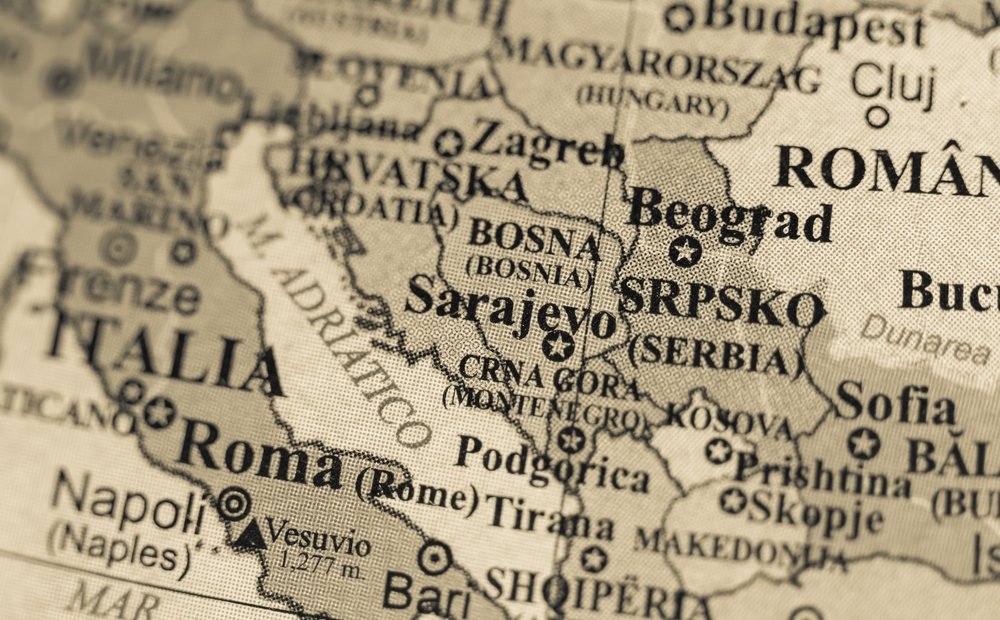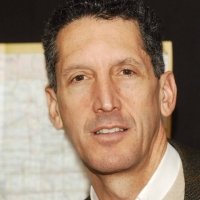The Balkans in 2022: How bad can it get? Is a Breakthrough Possible?

How alarming is the situation in the Balkans? Is it possible to reverse the deterioration and restore the region's path to democratic coexistence? Join us as four leading experts from across the region discuss the outlook—‚and debate whether the recent strategy from SAIS FPI and Wilson Center offers a way forward. Register here.
The report, ‘From Crisis to Convergence: A Strategy to Tackle Instability in the Balkans at its Source’, presents an alternative to serial crisis management from Bosnia-Herzegovina to Kosovo. The co-authors will respond directly to the critique of these prominent experts. The aim is a timely discussion about both prospects and new approaches for a region where the U.S. and EU—not Russia and China—hold the strategic advantage.
Speakers/Co-authors:
Edward P. Joseph, (US), Senior Fellow, SAIS FPI
Dr. Branislav Radeljic (Serbia), Professor, Necmettin Erbakan University, Turkey; Antonio de Nebrija University, Spain
Dr. Lulzim Peci (Kosovo), Executive Director, KIPRED
Dr. Iulia Joja (Romania), Adjunct Professor, Georgetown University
Jan Singel (Slovakia), CEO, Strategic Analysis Think-tank
Speakers/Expert Discussants:
Igor Bandovic (Serbia), Director, BCSP
Engjellushe Morina (Kosovo), Senior Policy Fellow, ECFR
Srecko Latal (Bosnia-Herzegovina), Researcher, PSSI/Balkans Crossroads; Contributor, Balkan Insight
Dr. Albert Rakipi (Albania), Chairman, AIIS
Speaker

Hosted By

Global Europe Program
The Global Europe Program is focused on Europe’s capabilities, and how it engages on critical global issues. We investigate European approaches to critical global issues. We examine Europe’s relations with Russia and Eurasia, China and the Indo-Pacific, the Middle East and Africa. Our initiatives include “Ukraine in Europe”—an examination of what it will take to make Ukraine’s European future a reality. But we also examine the role of NATO, the European Union and the OSCE, Europe’s energy security, transatlantic trade disputes, and challenges to democracy. The Global Europe Program’s staff, scholars-in-residence, and Global Fellows participate in seminars, policy study groups, and international conferences to provide analytical recommendations to policy makers and the media. Read more
